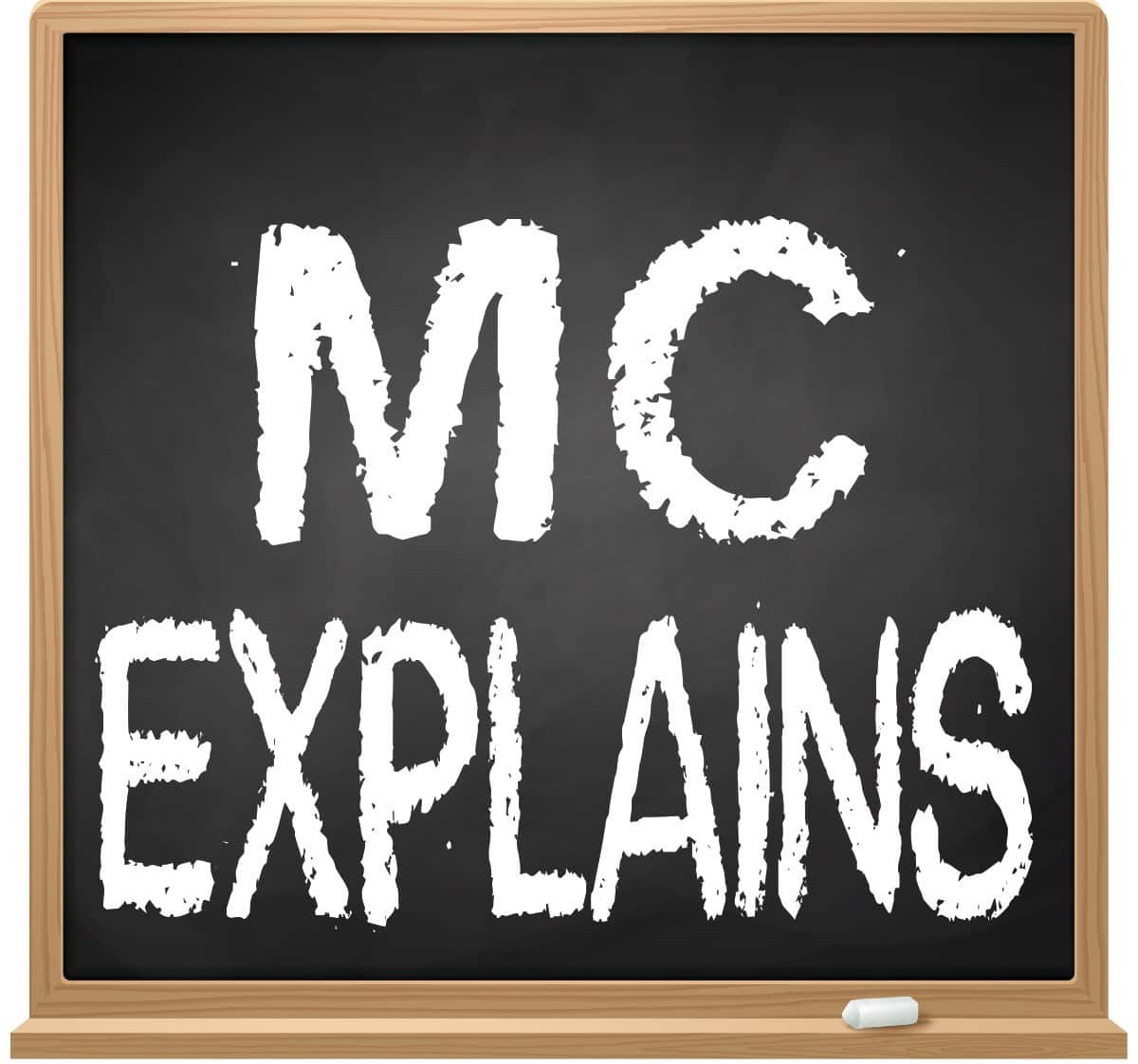



Air India reviewed its inflight alcohol service policy on January 24 and made some adjustments after embarrassing onboard incidents that triggered fines and public anger.
As part of the review, the airline said it will adopt the US National Restaurant Association’s traffic light system to tactfully refuse alcohol to passengers if they seem to be at risk of behaving inappropriately.

What is the National Restaurant Association’s traffic light system?
The National Restaurant Association’s traffic light system asks servers to determine whether a customer needs to be cut off from being served liquor. The system categorises passengers into green, yellow or red stages based on their behaviour, body language, facial cues, and ability to comprehend instructions.
Servers are required to count the number of drinks given to customers.
At the green stage, a customer is said to be relaxed, in control, talkative, and happy.
At the yellow stage, a customer starts showing the effects of alcohol and maybe talking louder than normal, arguing, or spraying obscenities. Customers are also likely to be consuming drinks at a fast pace. The guidelines suggest slowing the service of alcohol to the customer and politely refusing further alcohol to prevent them from moving to the red stage.
At the red stage, a customer is likely to be aggressive, glassy-eyed, showing increased physical and behavioural signs of intoxication, and may be intent on getting further drunk. The guidelines strictly suggest that such customers should not be served any more alcohol and servers should keep a close watch on them to prevent them from causing a commotion.
How effective is the National Restaurant Association’s system on flights?
Most airlines operating in the US followed the National Restaurant Association system from 2015 to 2021. However, in January 2021, the Federal Aviation Administration asked US-based airlines to do more to combat unruly passenger behaviour.
According to the FAA, there had been 4,385 incidents of unruly passenger behaviour in 2021. While about 73 percent of them were related to face masks, the FAA also noted a rise in drunk passengers in 2021.
In June 2021, Southwest Airlines, United Airlines, and American Airlines announced curbs on serving alcohol to passengers due to a rise in unruly behaviour on flights.
However, aviation experts criticised the traffic light system followed on flights, stating that by the time a passenger has reached the yellow phase, they're already a code red for those sitting within earshot.
“It isn't until a passenger passes the point of no return and starts to display obnoxious and anti-social behaviour that the flight crew might hit the kill switch,” said Sara Nelson, president of the Association of Flight Attendants-CWA International.
She added that a passenger in the yellow stage is already rude, offensive, and a nuisance to those sitting nearby. She also pointed out that unlike in a restaurant, there is no ejection option for the offender on a flight and neither is there the possibility for passengers to move to another seat.
Although Air India is changing its liquor policy, the effectiveness of the system will only be seen with time.
Air India CEO Campbell Wilson said earlier this month that alcoholic beverages must be served in a reasonable and safe manner, including tactfully refusing to serve a guest alcohol.
The Directorate General of Civil Aviation imposed a Rs 10 lakh fine on Air India on January 24 for the delay in reporting an episode of a drunk male passenger allegedly urinating on the blanket of a female passenger on a December 6 flight from Paris to New Delhi.
On January 20, the DGCA fined Air India Rs 30 lakh for violating rules while handling an unruly incident on its New York-Delhi flight of November 26, when Wells Fargo's former vice-president Shankar Mishra allegedly urinated on a female passenger.
Air India's previous liquor policy guidelines:
· A passenger cannot be served more than two drinks on a flight that is less than four hours long.
· On longer flights, one drink can be served every additional hour of flying.
· Passengers cannot bring their own liquor; people should be served alcohol only at their seats.
· Only one drink can be served at a time; people under the age of 18 will not be served alcohol.
· Once a passenger is served three drinks, there must be a break of at least three hours before additional drinks can be served.
· Airline staff are advised to stop service of alcohol to people already intoxicated.
Discover the latest Business News, Sensex, and Nifty updates. Obtain Personal Finance insights, tax queries, and expert opinions on Moneycontrol or download the Moneycontrol App to stay updated!
Find the best of Al News in one place, specially curated for you every weekend.
Stay on top of the latest tech trends and biggest startup news.